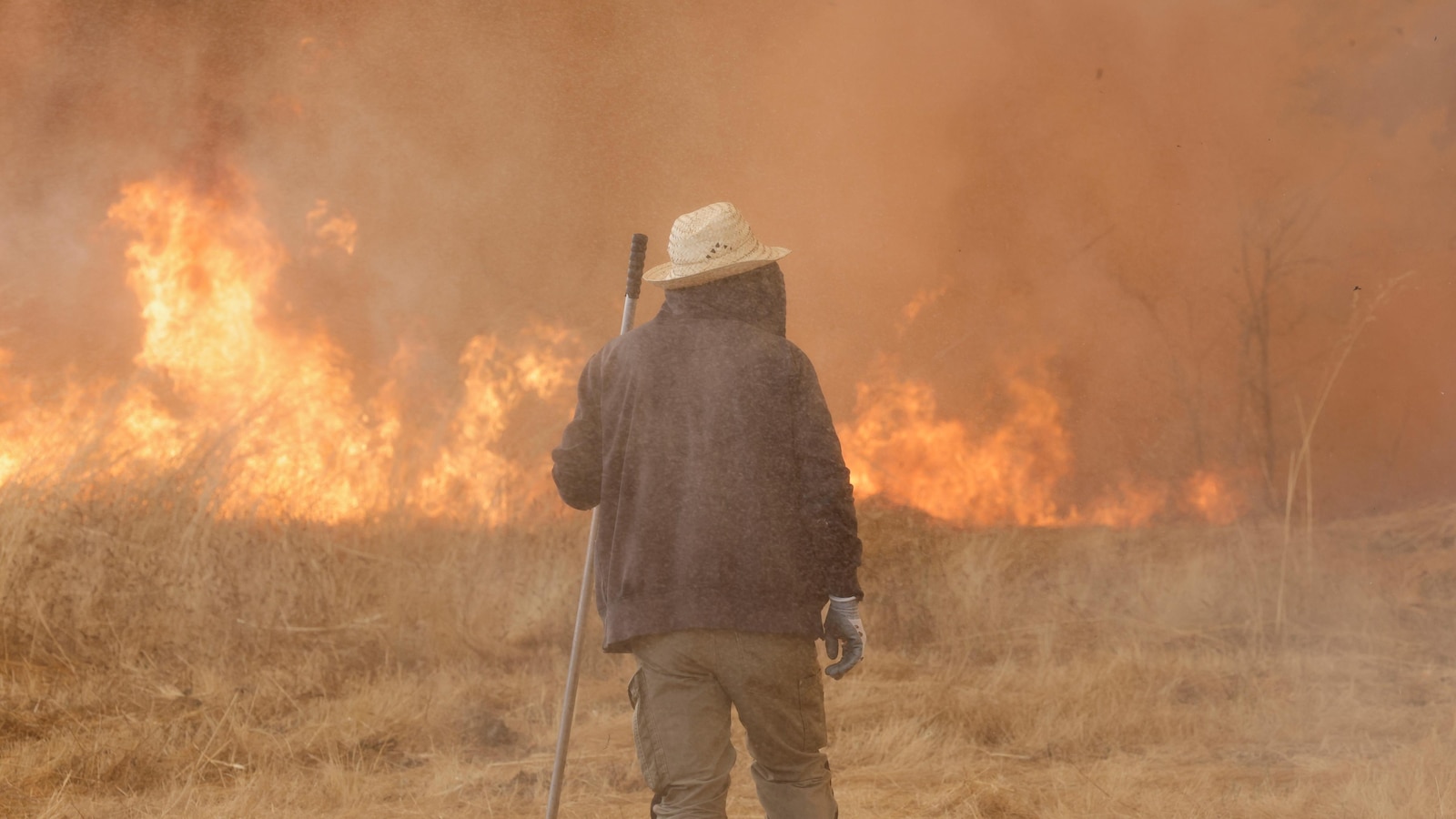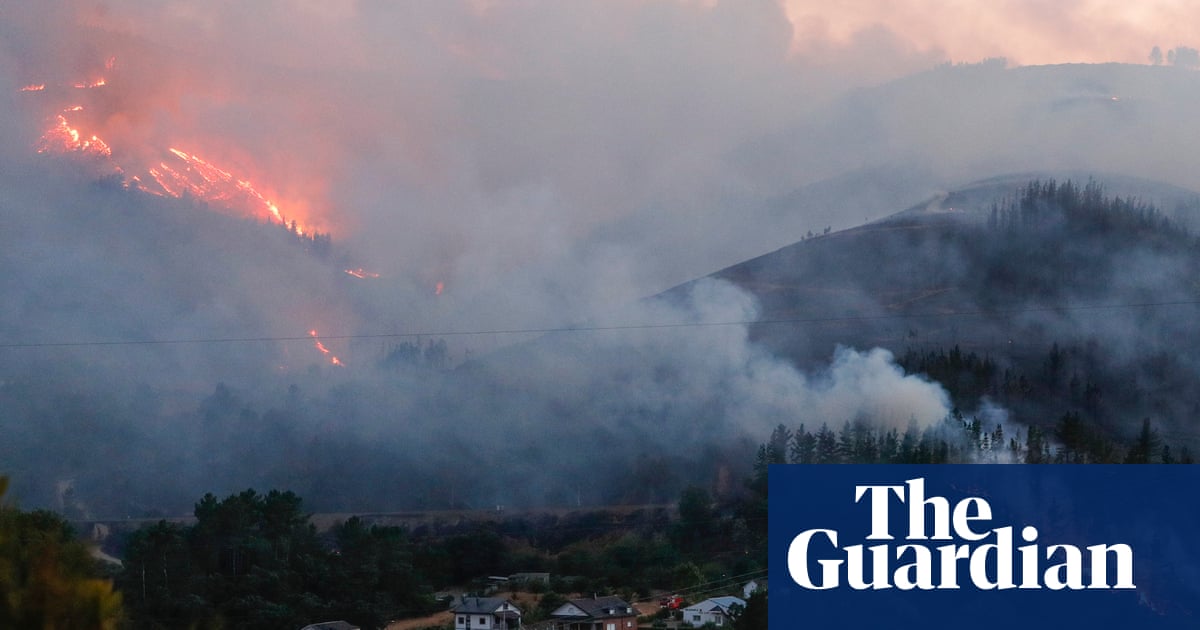Climate Change Intensifies Iberian Wildfire Risk by 40 Times
Studies reveal climate change has made Iberian wildfires 40 times more likely, driven by 30% more intense weather conditions and contributing to over 880,000 hectares burned in Spain and Portugal.
Subscribe to unlock this story
We really don't like cutting you off, but you've reached your monthly limit. At just $5/month, subscriptions are how we keep this project going. Start your free 7-day trial today!
Get StartedHave an account? Sign in
Overview
- Climate change has significantly increased the likelihood of wildfires in the Iberian Peninsula, making them 40 times more probable than in the preindustrial era.
- Weather conditions fueling these fires are now 30% more intense due to climate change, according to studies by the World Weather Attribution network.
- Over 880,000 hectares have burned in Spain and Portugal this year, with Europe warming twice as fast as the global average since the 1980s.
- Ten-day spells of hot, dry, and windy conditions, crucial for fueling Iberian wildfires, are now 40 times more likely, expected once every 500 years.
- Rural depopulation and an aging population in Portugal and Spain have left forest land unmanaged, creating dense fuel loads that exacerbate wildfire vulnerability alongside climate change.
Report issue

Read both sides in 5 minutes each day
Analysis
Center-leaning sources cover the Iberian wildfires by reporting on a scientific study linking extreme conditions to climate change, noting they were 40 times more likely. They maintain neutrality by presenting the study's findings factually, while also including other contributing factors like land management and population shifts, and offering diverse expert perspectives without editorializing or using loaded language.
Articles (4)
Center (2)
FAQ
Climate change has made wildfires in the Iberian Peninsula 40 times more likely than in the preindustrial era, driven by 30% more intense weather conditions such as hot, dry, and windy spells.
In 2025, over 880,000 hectares have burned in Spain and Portugal, with Spain alone burning more than 380,000 hectares—nearly five times its yearly average and Portugal losing over 260,000 hectares, about three times its average, making it the worst wildfire season in Europe since records began in 2006.
The wildfires led to at least eight deaths and tens of thousands evacuations, destruction of critical habitats for endangered species, damage to protected natural parks, disruption to critical infrastructure, and widespread air pollution affecting air quality across Spain, Portugal, and beyond.
Rural depopulation and an aging population in Spain and Portugal have left large areas of forest land unmanaged, creating dense fuel loads that exacerbate wildfire vulnerability alongside climate change.
Experts emphasize the need for a shift in thinking towards prevention, including better forest management, resource allocation, and adaptation strategies to keep pace with increasing wildfire risks fueled by climate change.
History
- This story does not have any previous versions.


